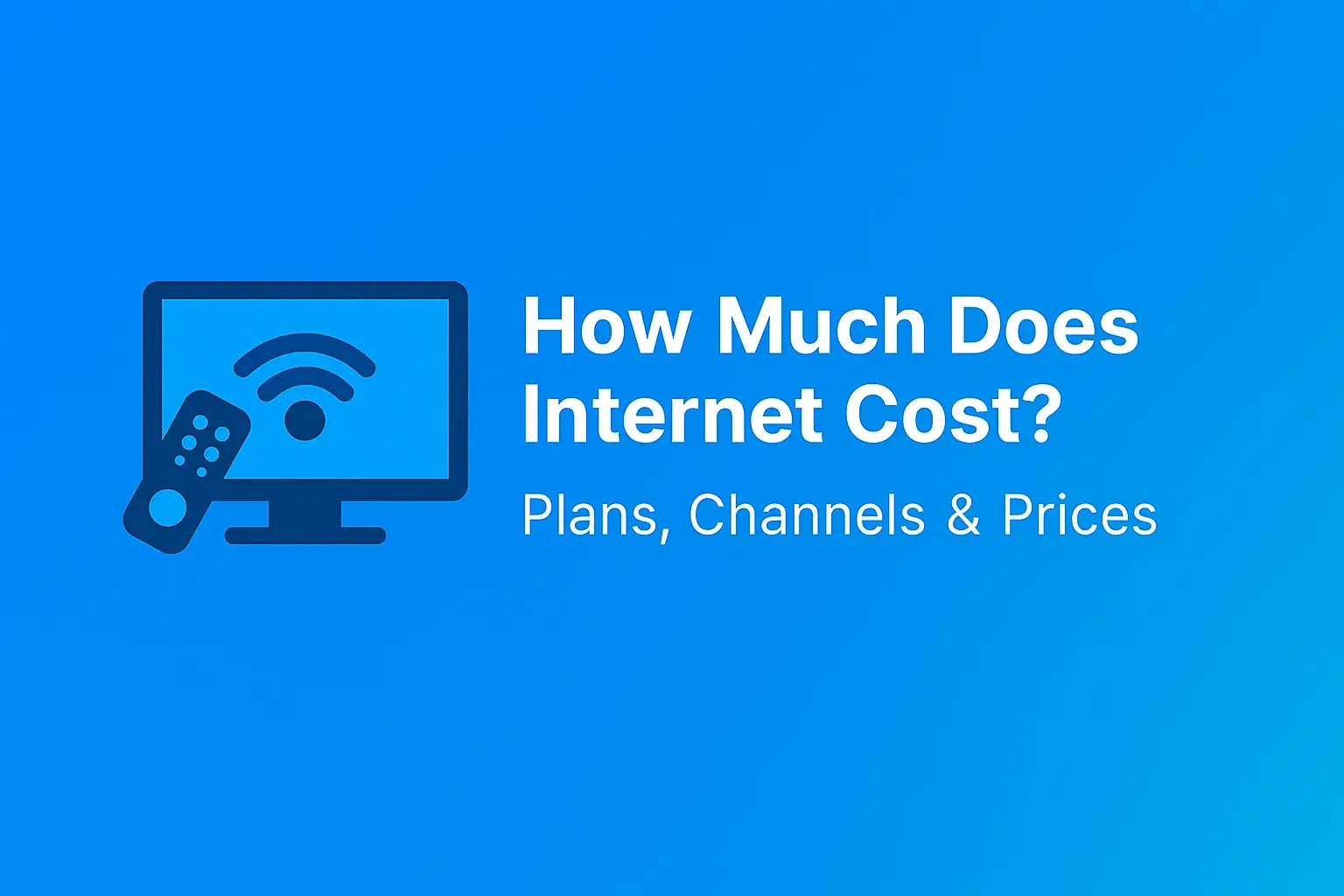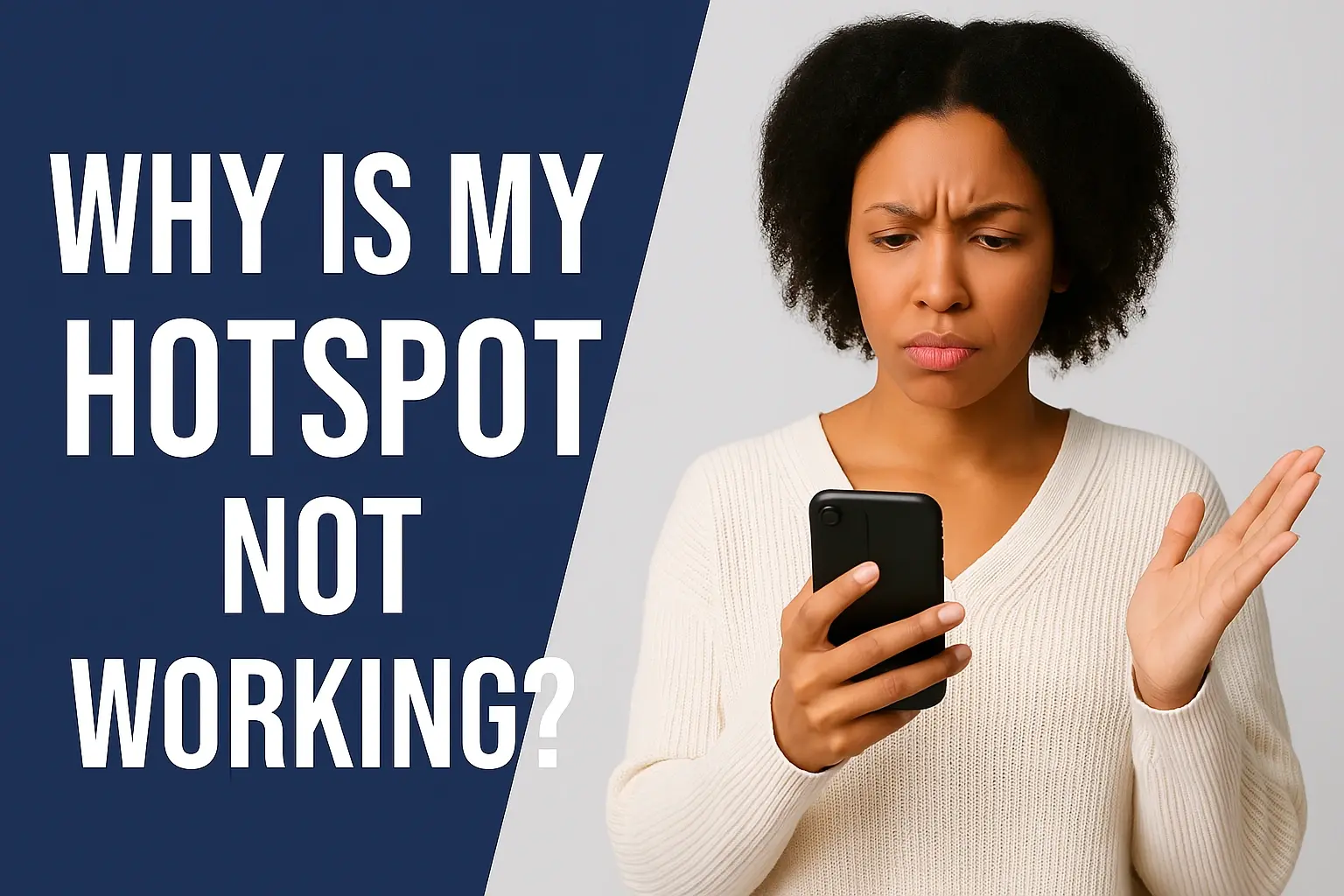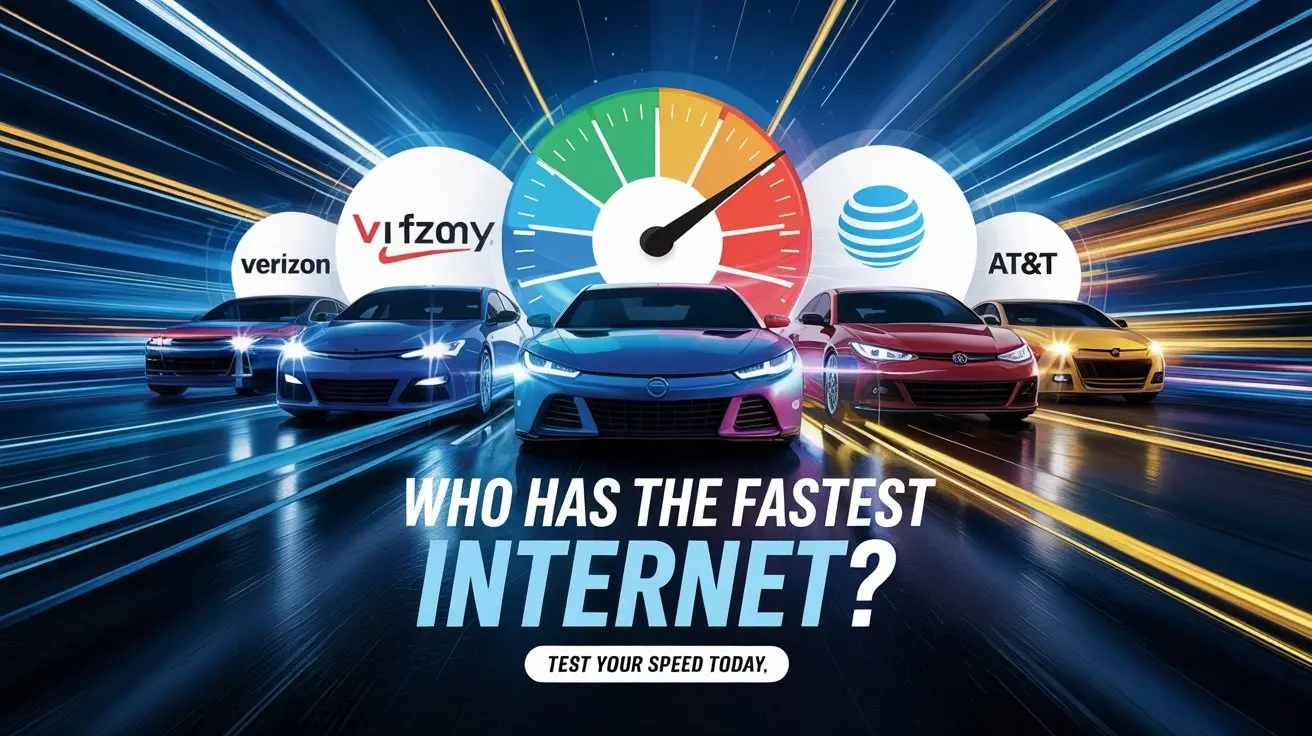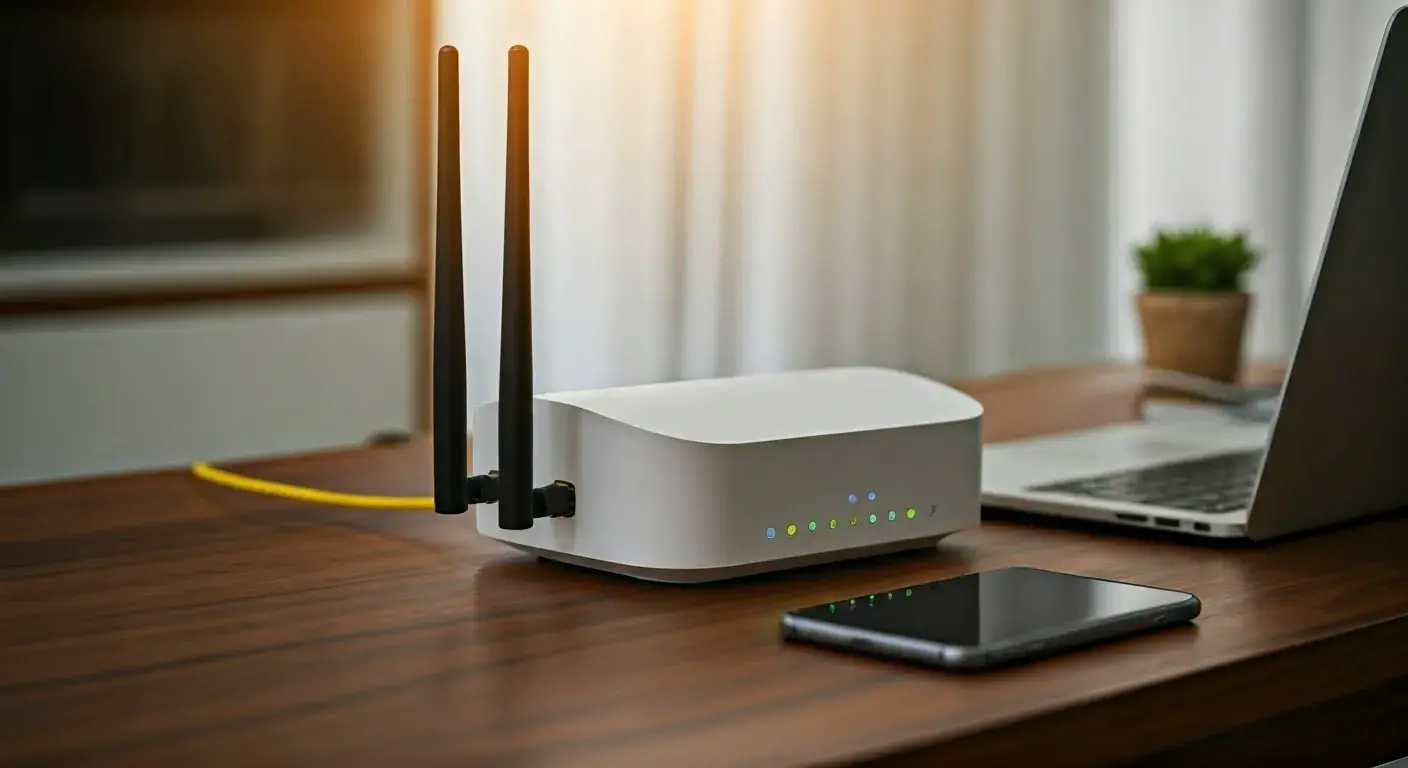Why is my internet so slow if I have unlimited data?
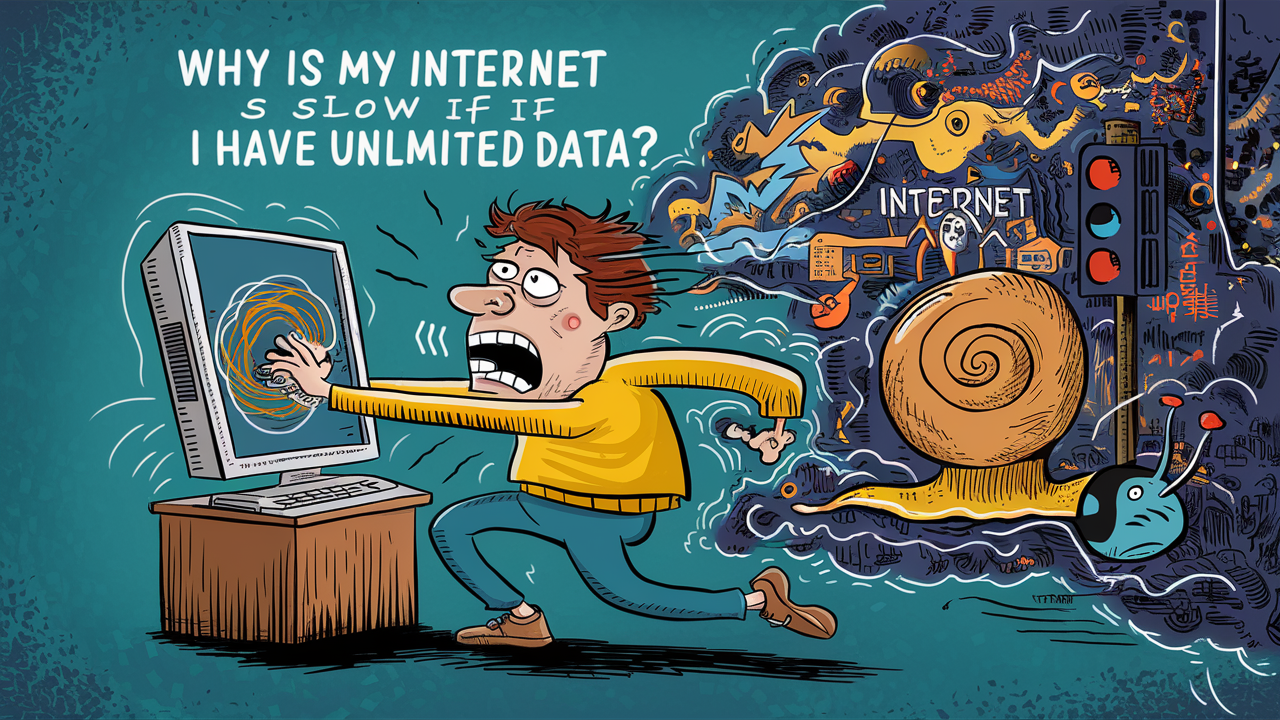
Unlimited data does not mean you will have a good internet service connection despite having data to use. However, slow internet speed should not be associated with the unlimited data plan since other reasons can lead to a slow internet connection.
Bandwidth vs Data
Let us begin by distinguishing bandwidth and data While both are important concepts to know, they are very different in terms of meaning. Bandwidth means the maximum data transfer possible while the term data means the amount of information to be transferred.
While the popularity of data services has advanced so much that many companies offer users as much data as they can consume, this does not mean that companies have unlimited bandwidth. For this reason, Internet service providers tend to restrict the connection speeds when a customer has used a specified amount of the high-speed data allowance per month. Therefore, while you may be able to consume as much data as you can handle, the bandwidth is still restricted.
Network Congestion
This is when a large number of users are in a position to compete for access to the same services within a network. This leads to a situation where speeds slow down for all users due to what is referred to as a bottleneck effect.
A high bandwidth connection does not necessarily mean that data transfer is going to be high since congestion in certain areas along the network path can reduce the rates of data transfer appreciably. Such congestion is likely to occur during the nighttime since many people are online streaming, gaming, and browsing.
Wi-Fi Issues
Interference in-home Wi-Fi also slows down internet speed, and you should also check if your bandwidth is throttled. Interference of signals, improper placement of routers, use of outdated equipment, and distance between the router and the device are among the main things that affect Wi-Fi.
Also, if you are using several devices to connect to a router, all the devices are competing for a portion of this bandwidth. More devices connected means slower speed per user hence the networks seek to limit the number of devices connected. Applying new standards of Wi-Fi connectivity such as 802. 11ac can assist in boosting the speed of the link.
ISP Throttling
Depending on the internet service provider, even with an unlimited connection, users often experience slowed data rates if they use too much bandwidth. This aids in keeping off congestion within the networks.
Throttling usually occurs during areas of high usage, often during the evening when people are watching television or browsing the internet. Fortunately, if the amount of data is less, then the speeds may increase once again during the late night or early morning when the traffic is comparatively low. However, you are sure to undergo some times when you are slowed down regardless of the situation.
Server-Side Bottlenecks
The servers you are receiving information from can also limit internet speeds known to restrict access. If a website or web app that gets a lot of traffic is too busy and has overloaded servers, you’re going to have a slow connection to that server no matter how fast your local network is.
The more it has to travel the physical distance, the more possibility of getting stuck in a network bottleneck. Thus, it is apparent that the access to overseas servers is going to be generally slower compared to that of the local ones. Caching systems which are used in the system design, can reduce it but it cannot be completely avoided.
ISP Oversubscription
In addition, another covert practice that some providers employ is capacity arbitrage, which entails the over-provisioning of network capacity. This means that they provide more bandwidth than what is needed in the entire population, hoping that not everyone will use his/her given limit at a given time.
Thus, even if you are paying for a package that states you are subscribed to 50 Mbps, the actual bandwidth may be a fraction of what you signed up for since other households have access to the same bandwidth. One of the most evident facts is the reduction of available bandwidth per subscriber during the peak hours when the overall usage in the network is high.
Limited Local Infrastructure
Data that is found on the internet needs to pass through many kinds of structures to get from the server to your device. If there is poor structure in the region such as old or poor infrastructure, these act as a constraint to speeds. These could be cable lines, fiber optic links, network switching and routing equipment, and many more.
Regrettably, consumers rarely get a glimpse of those internal technical conditions and restrictions. However, when it comes to the infrastructure, it means that even if you have a huge data bundle, your internet will always be slow.
High-Bandwidth Applications
Last but not least due to the type of applications that need to be run on the network, different bandwidths are needed. 4K video streaming is significantly more demanding than opening simple web pages or reading email for a 100 Mbps connection.
HD video streaming services work in a way that the quality of the stream can be adjusted depending on the supply bandwidth. But occasionally your connection to the internet is just not fast enough for the dynamic data rates of media streaming devices or game consoles.
It is suggested that higher bandwidth plans can be chosen to avoid the buffering problem. However, when many users are browsing the Internet, you may still notice short-scale fluctuations in speed.
Thus, once again, we can state that unlimited data does not mean always fast internet connection. There can be usually network bandwidth issues, congestion, technical infrastructure limitations, and application loads which can cause a slow user experience. When it comes to diagnosing the potential causes of slow internet speeds, consideration of all these factors can go a long way.
Upgrade to faster, more reliable AT&T Fiber Internet today! Call us at +1 844-905-5002 and get connected with speeds that keep you ahead.
